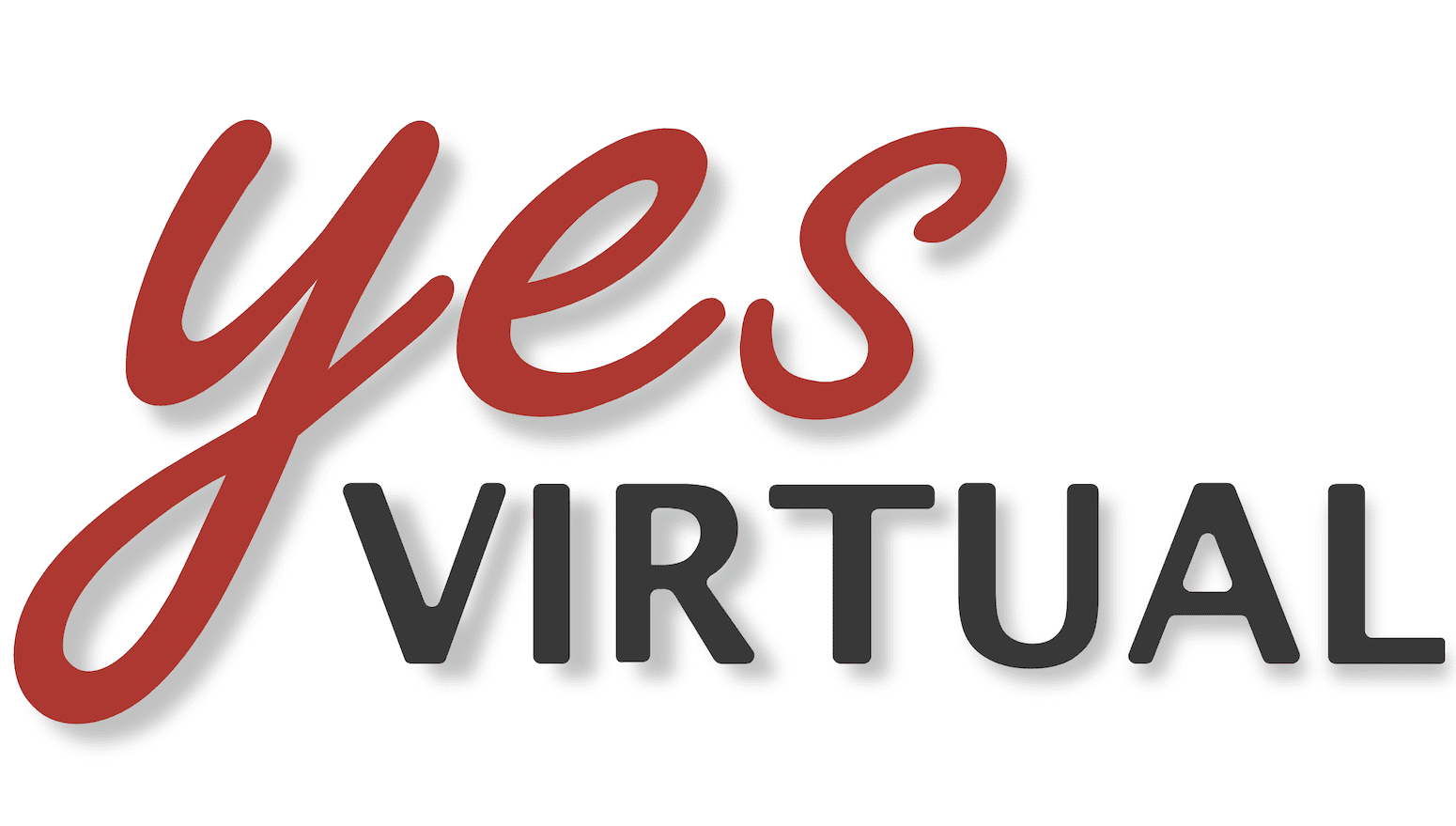The property management industry, traditionally reliant on local staffing and face-to-face interactions, is experiencing a seismic shift with the adoption of remote employees. This change is not just about adapting to modern work trends; it’s a strategic overhaul that can lead to significant improvements in efficiency and scalability. By leveraging remote work, property management companies can access a broader talent pool, tapping into specialized skills that might not be available locally. This access can be particularly beneficial for tasks like digital marketing, customer support, and financial management, where expertise can dramatically enhance service quality.
Another advantage of hiring remote workers in property management is cost efficiency. Remote employees often translate to reduced overhead costs as there is less need for physical office space. This is especially beneficial for property management businesses that operate across multiple locations or large geographic areas. Moreover, the flexibility offered by remote work can lead to higher employee satisfaction and retention rates. Satisfied employees are often more productive and can provide better service to tenants and property owners, which is crucial for maintaining high occupancy rates and minimizing tenant turnover.
Lastly, the adoption of remote work fosters innovation within property management practices. It encourages the implementation of advanced technological solutions, such as property management software, virtual tours, and automated tenant communication systems. These technologies not only streamline operations but also enhance the tenant experience, making services more accessible and responsive. As the property management sector evolves, companies that embrace remote work will likely be at the forefront of adopting new technologies and methodologies, setting new standards for efficiency and customer service in the industry.
